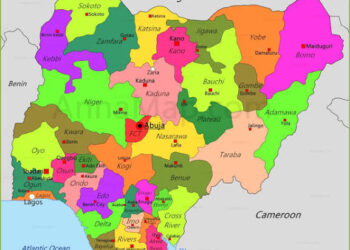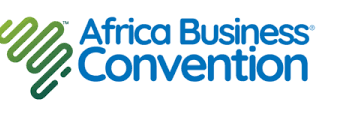 About 30 percent of companies operating in Nigeria evade tax while 25 percent of registered companies in the country are not paying tax, an international non-governmental organisation, Oxfam in Nigeria, has said.
About 30 percent of companies operating in Nigeria evade tax while 25 percent of registered companies in the country are not paying tax, an international non-governmental organisation, Oxfam in Nigeria, has said.
The organisation said the country loses about $2.9billion or N580billion yearly to tax waivers granted to multinational companies.
Oxfam in Nigeria Country Director, Constant Tchona, stated these during the official unveiling of two reports: Fair Tax Monitor Index and the Commitment to Reducing Inequality Index, to the public on Wednesday in Abuja, the nation’s capital.
He noted that the fiscal incentives granted with the hope of stimulating investments into the country’s economy are eroded with poor governance and lack of transparency.
Tchona said: “The fiscal incentives granted with the hope of stimulating investments into the country’s economy are eroded with poor governance and lack of transparency, especially when the Central Bank of Nigeria has confirmed that there is no cost-benefit analysis to justify the exemptions and when there is no check on the discretionary powers residing with the Executive in granting exemptions.
“The procedures for granting tax incentives should undergo a thorough review, focused on transparency and governance. This should include mandatory parliamentary oversight, publication of annual tax expenditure reports, clear requirements for incentives and periodic review of expected results.
The country director also said that taxpayers in the country often opt to negotiate with corrupt tax administration staff in return for gratifications and reduced sums to the coffers of the government.
Tchona explained that this action is against the sanctions imposed by Company Income Tax Act for such conduct.
He called on the Federal Government to fast-forward action on the new National Tax Policy approved and clamp down on corporate crimes.
He said: “Official FIRS numbers suggest that the entire tax system is fraught with crippling challenges of weak enforcement, corruption and outright evasion. The records show that about 30% of companies in Nigeria are involved in tax evasion and also 25% of registered companies in the country are not paying tax.
“Taxpayers often opt to negotiate with corrupt tax administration staff in return for gratifications and reduced sums to the coffers of the government. This is despite the sanctions imposed by the same Company Income Tax Act for such conduct.”
The Oxfam chief called on the National Assembly to enact law that would criminalise actions of banks, auditors, accountants and lawyers that facilitate illicit financial flows from the country.
He urged the legislative arm to not only introduce cutting-edge technology that would curb the act but specifically asked them to enact law that would punish enablers of tax evasion to face fines of up to 100 percent of tax evaded.
“The National assembly should enact a law that will criminalize totally the actions of middlemen – banks, auditors, accountants, and lawyers that facilitate Illicit Financial Flows. When such professionals act contrary to existing regulations, they should be held accountable in Nigeria. This can be enforced through strengthened professional association bodies.
“There is need for the Nigerian government to fast-forward action on the new National Tax Policy approved and clamp down on corporate crimes. New legislation and rules to cope with current realities should be enacted along with introduction of cutting-edge technology.
“The National Assembly should enact a law to punish the “enablers” of tax evasion such as lawyers, accountants and bankers, and should be made to face fines of up to 100 per cent of tax evaded.
“The tax system should be reviewed and amended to be more equitable to women as drivers of SMEs; most especially Personal Income Tax Act on unorganized sector needs to be amended to ensure they achieve gender equity, legitimate, and consistent with the government’s commitment to gender equity,” he said.










